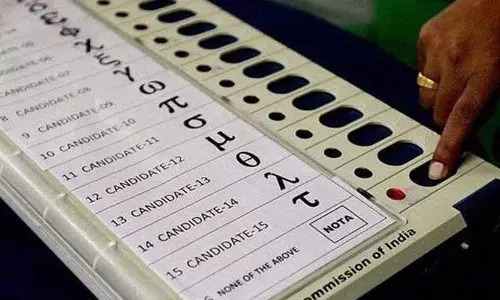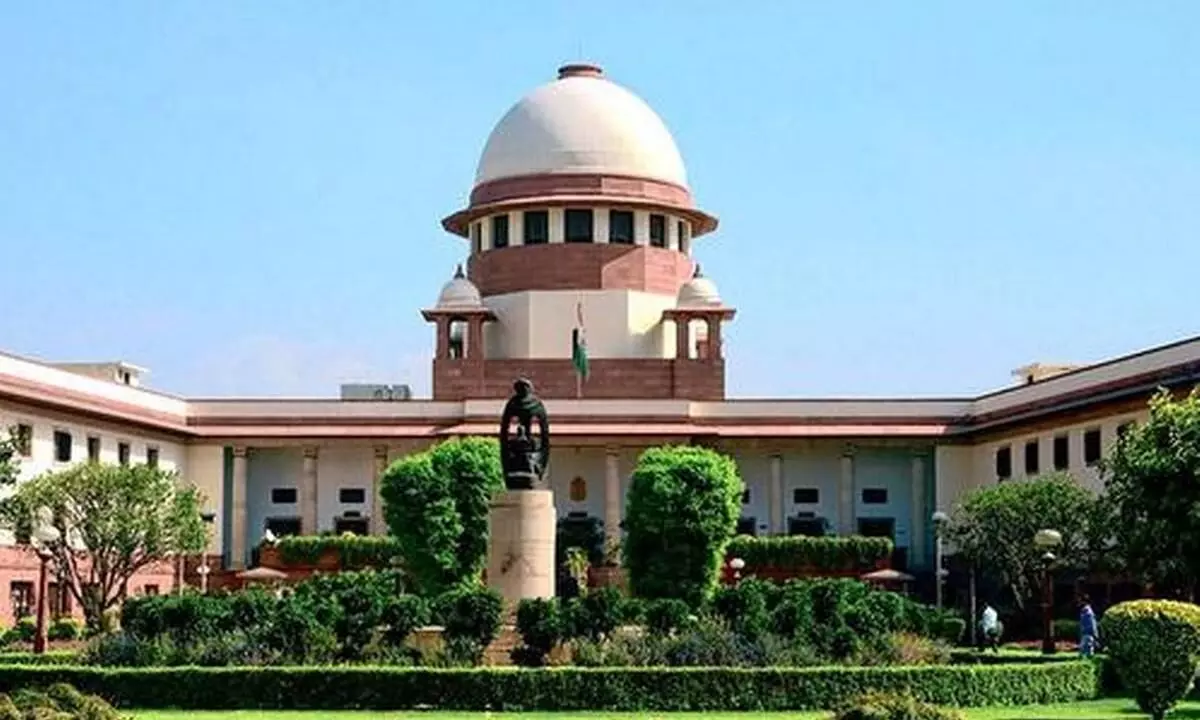
SC says arrest should not be routinely made, might cause 'incalculable harm' to a person's reputation
text_fieldsNew Delhi: The Supreme Court has said that if arrest is made routine, it could cause "incalculable harm" to the reputation and self-esteem of a person, while observing personal liberty is an important aspect of constitutional mandate.
A bench of Justices Sanjay Kishan Kaul and Hrishikesh Roy observed that if the investigating officer of a case does not believe that the accused will abscond or disobey the summons, he or she is not required to be produced before the court in custody.
The top court passed the order while hearing a plea against the Allahabad High Court verdict which had dismissed an application seeking anticipatory bail in a case in which FIR was registered seven years ago.
"We may note that personal liberty is an important aspect of our constitutional mandate. The occasion to arrest an accused during investigation arises when custodial investigation becomes necessary or it is a heinous crime or where there is a possibility of influencing the witnesses or accused may abscond," the bench said in its order passed earlier this week.
The bench noted that contrary to the observations made in the apex court verdict of 1994 on how a police officer has to deal with a scenario of arrest, the trial courts are stated to be insisting on arrest as a pre-requisite formality to take charge sheet on record in view of provisions of section 170 of the Code of Criminal Procedure (CrPC).
Section 170 of the CrPC deals with cases to be sent to magistrate when evidence is sufficient.
The top court also said the word 'custody' appearing in section 170 of the CrPC does not contemplate either police or judicial custody but it merely connotes the presentation of accused by the investigating officer before the court while filing charge sheet.
It noted that section 170 of the CrPC does not impose an obligation on the officer-in-charge to arrest the accused at the time of filing of charge sheet.
"Merely because an arrest can be made because it is lawful does not mandate that arrest must be made," the bench said, adding, "If arrest is made routine, it can cause incalculable harm to the reputation and self-esteem of a person." While setting aside the high court order, the bench noted that the petitioner had already joined the investigation before approaching the apex court and charge sheet was ready to be filed.
"If the investigating officer has no reason to believe that the accused will abscond or disobey summons and has, in fact, throughout cooperated with the investigation, we fail to appreciate why there should be a compulsion on the officer to arrest the accused," it said.
It referred to judgements delivered by high courts on the issue which said that criminal courts cannot refuse to accept a charge sheet simply because the accused has not been arrested and produced before it.
Referring to the case before it, the bench said that when the petitioner has joined the investigation which is complete and he has been roped in after seven years of lodging of FIR, there is no reason why at this stage he must be arrested before the charge sheet is taken on record.
























